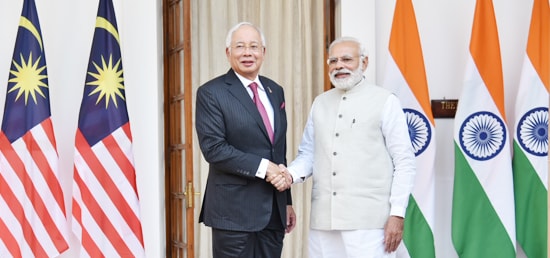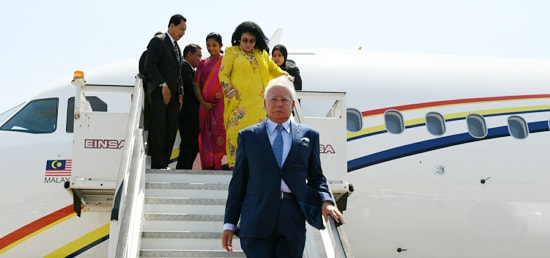
The Teesta test: Will Sheikh Hasina’s ‘Charm Mamata’ Mission work?
Will the waters of Teesta river unite, or divide India and Bangladesh? This is the overwhelming question for many commentators and the media in the two countries as Bangladesh Prime Minister Sheikh Hasina began her four-day visit to India on April 7.
Since September 2011, when West Bengal Chief Minister Mamata Banerjee vehemently opposed the Teesta deal and chose to opt out of the then India’s Prime Minister Manmohan Singh’s visit to Dhaka, a solution to the issue has remained elusive. As Ms Banerjee refused to budge from her stand, the Teesta issue appeared to have lost some traction as India and Bangladesh made dramatic strides in their bilateral ties in the last six years in a range of areas including security, land and maritime boundary demarcation, power and road connectivity. However, it returned to spotlight again on the eve of Sheikh Hasina’s visit primarily due two reasons: (1) the mercurial chief minister of West Bengal has agreed to be present in the talks between Prime Minister Narendra Modi and Sheikh Hasina on April 8 and (2) Sheikh Hasina has once again made a strong pitch for the Teesta treaty on the eve of her arrival in Delhi.
There had been doubts and speculations if Ms Banerjee would join Modi and Hasina in the talks primarily due to her known stand on the Teesta issue and the daily political sabre-rattling between her and the Modi government on the issue of scrapping of high-value currency notes and Bharatiya Janata Party’s alleged saffron agenda across the country. The Hasina government, which faces elections next year, expects India to travel the extra mile to ensure that the Teesta deal is sealed and signed or at least get a concrete assurance from New Delhi during her visit to Delhi.
It remains to be seen if Mrs Hasina’s charm offensive has any effect on Ms Banerjee who is known for her hard-nose political sense. With panchayat (village administration bodies) elections in West Bengal just a few months away, will the chief minister take the risk of a deal that she believes will affect water supply from Teesta in northern part of the state? One has to wait till April 9 to know whether the mercurial chief minister has decided to stall the Teesta deal yet again, or defied all speculation to become saviour of this deal, which can move India-Bangladesh relations on another plane.









